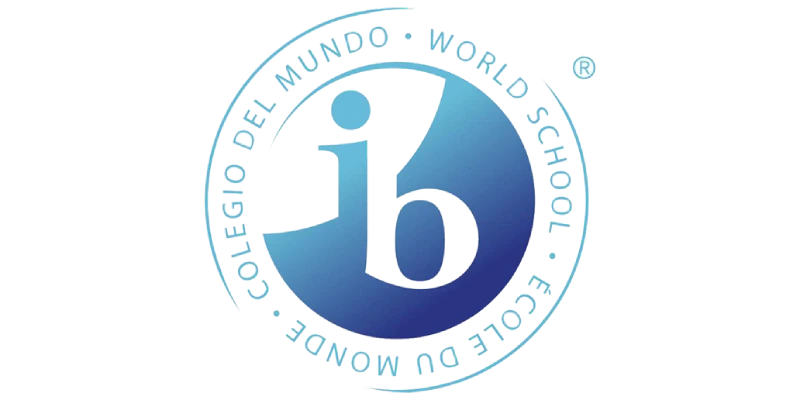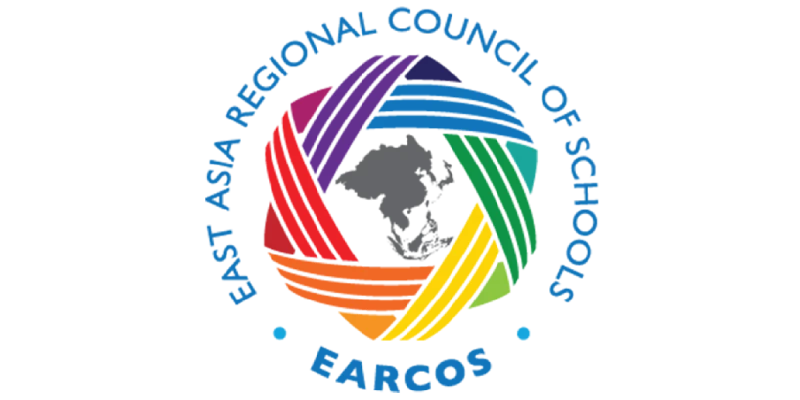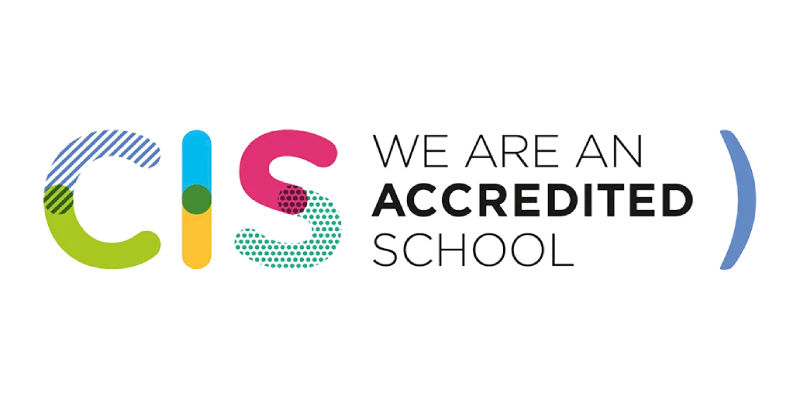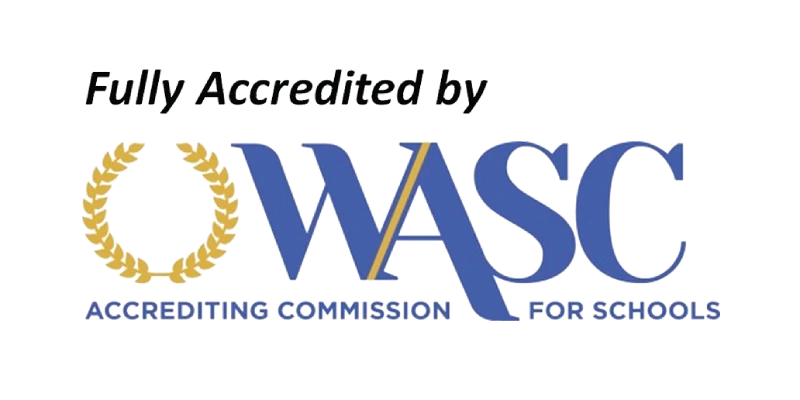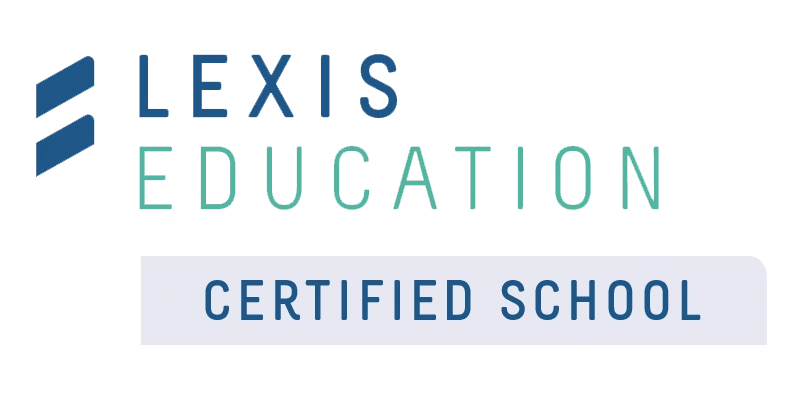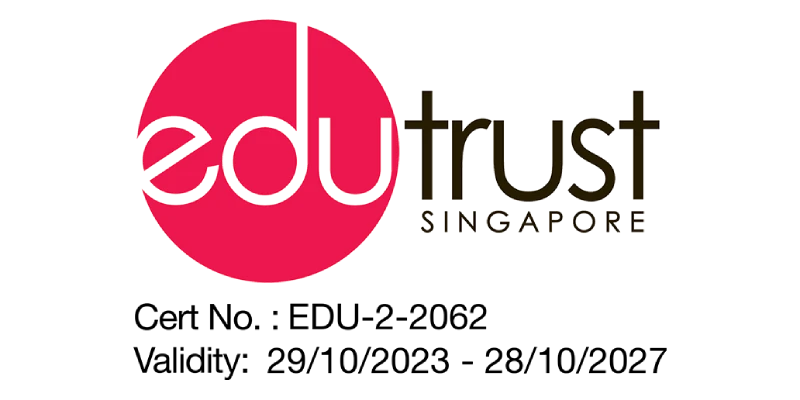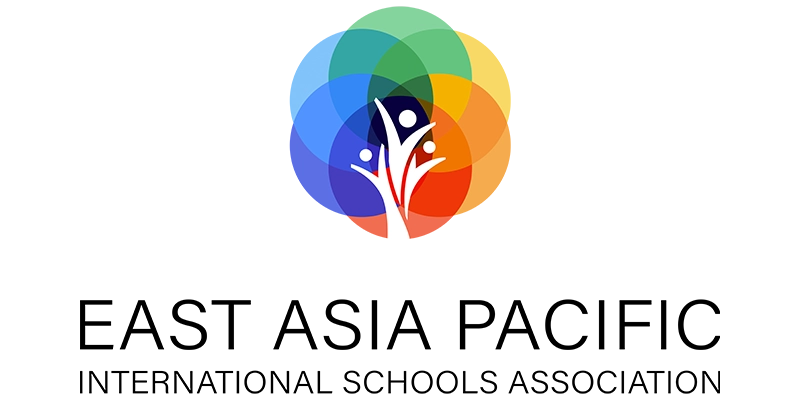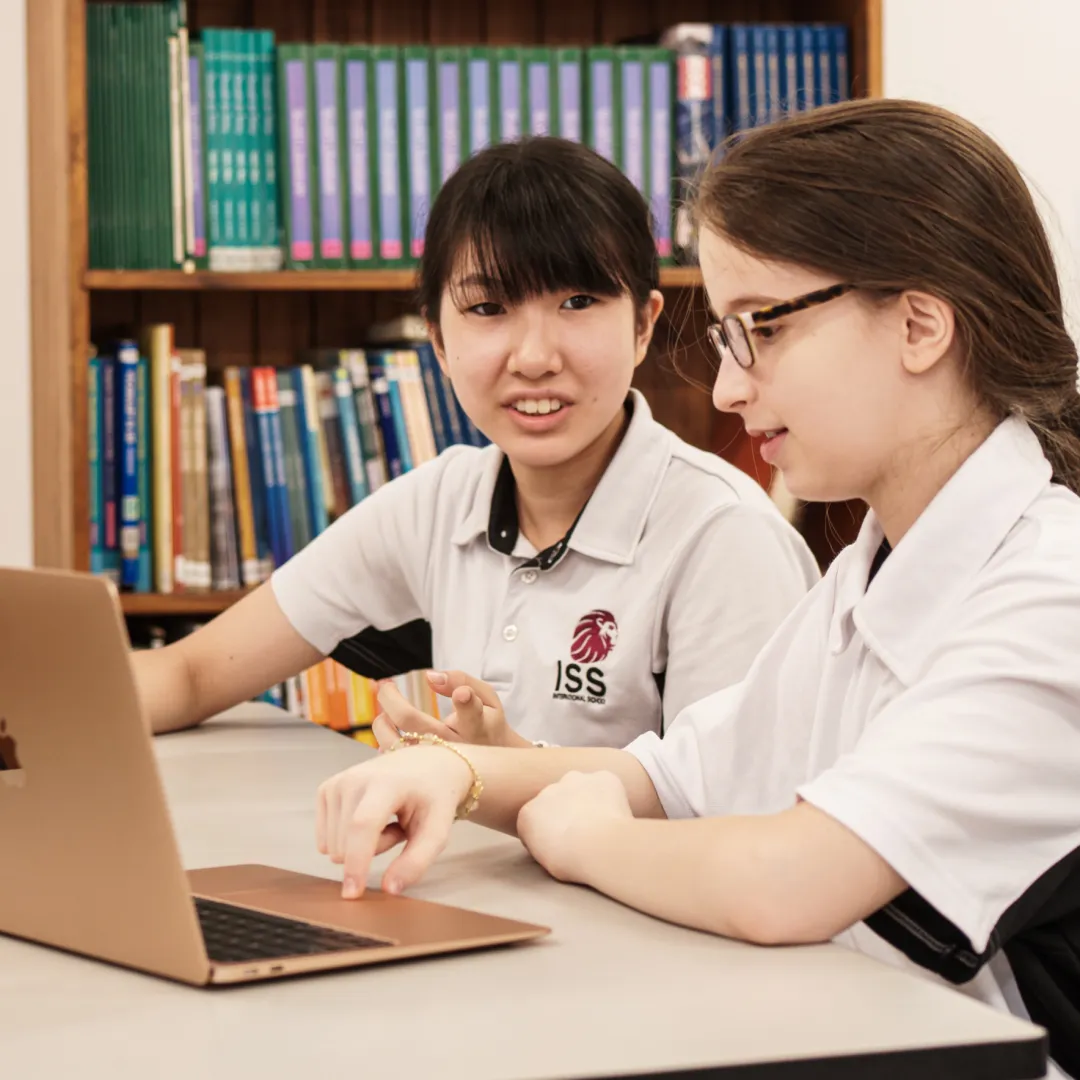
Shaping Future Leaders: The IB Diploma Programme at ISS
ISS International School offers the globally recognised International Baccalaureate Diploma Programme (IBDP), a rigorous pre-university course for motivated students aged 16-19. This IB Diploma Programme Singapore prepares students for top universities worldwide, fostering intellectual curiosity, independent learning, and a global mindset.
At ISS, our supportive, international high school environment provides personalised attention, nurturing students’ academic, social, and emotional well-being as they embark upon this educational pathway.
IB Diploma Programme

The Diploma Programme (DP) is a rigorous pre-university course of study designed for students in the 16-19 age range. It is a broad-based two-year course that aims to encourage students to be knowledgeable and inquiring, but also caring and compassionate. There is a strong emphasis on encouraging students to develop intercultural understanding, open-mindedness, and the attitudes necessary for them to respect and evaluate a range of points of view.
We aim to provide access to the IB Diploma Programme to all students who show outstanding determination and motivation, and who have highly developed personal organisation and time-management skills. To that effect, we provide support for students whose first language is not English, and we frequently give students a chance to prove themselves if we believe they have the potential to succeed. This differentiated support has meant that over 95% of our students on the programme are awarded the IB Diploma, and our more able students continue to achieve top scores.
Subject Groups
This section outlines the six subject groups that form the core of the IBDP.
Students are required to choose a combination of higher-level (HL) and standard-level (SL) subjects. They can choose a maximum of four subjects at a higher level and the remaining at a standard level. These IBDP subjects serve as a solid foundation, ensuring students are well-prepared for the academic rigour of the programme.
At ISS International School, students can choose subjects from the following groups:
Language and Literature
- English A
- Chinese A
01
Language Acquisition
- English B
- Chinese B
02
Individuals and Societies
- Business Management
- Psychology
03
Sciences
- Physics
- Chemistry
- Biology
04
Mathematics
- Analysis and Approaches
- Applications and Interpretations
05
Arts
- Visual Arts
- Music
06
Core Elements of the IBDP
In addition to the six subject groups, the IBDP includes three essential components that students must complete successfully.
Theory of Knowledge (TOK)
Theory of Knowledge challenges students to reflect on the nature of knowledge and explore the links between various disciplines. Students are encouraged to question how we know what we know. This helps them develop critical thinking skills that extend across all subjects, preparing them for complex problem-solving in the future.
Extended Essay (EE)
The Extended Essay is an independent, research-based project where students explore a topic of personal interest in depth. With a maximum word count of 4,000 words, the EE encourages students to engage in self-directed research, develop inquiry skills, and refine their academic writing.
Creativity, Activity, Service (CAS)
The CAS programme is integral to the holistic development of students in the IB Diploma Programme Singapore. It challenges students to participate in a range of extracurricular activities that promotes personal growth while making meaningful contributions to the communities.
IB Diploma Course Programme (DC)
Students who do not require or who are not suited to the IB Diploma Programme will follow the IB Diploma Course Programme (DC). They will study six IB Diploma courses at either Higher or Standard Level, but do not have to choose a minimum of three courses at Higher Level. The requirements for each chosen subject are the same as those for IB Diploma students and every student sits for the same externally set examinations at the end of the two-year course. In addition, they complete two of the three IB Core components (Theory of Knowledge and CAS programme). Satisfactory completion of both components forms part of the requirements for successful graduation from ISS International School.
Academic Integrity and Assessment
Academic integrity in the Diploma Programme is a set of values and behaviours informed by the attributes of the learner profile. In teaching, learning and assessment, academic integrity serves to promote personal integrity, engender respect for the integrity of others and their work, and ensure that all students have an equal opportunity to demonstrate the knowledge and skills they acquire during their studies.
All coursework – including work submitted for assessment — is to be authentic, based on the student’s individual and original ideas with the ideas and work of others fully acknowledged. Assessment tasks that require teachers to provide guidance to students or that require students to work collaboratively must be completed in full compliance with the detailed guidelines provided by the IB for the relevant subjects.
The Programme uses a variety of assessment methods to evaluate the content and the process of academic achievement and to take into account different learning styles and cultural patterns. Conventional external examination techniques are chosen from a range of options: oral and written, long and short responses, data-based questions, essays, and multiple choice questions. These are complemented by internal assessment of course work by the teachers responsible for evaluating students over the two-year period. With classroom teachers and international examiners working in partnership, students have ample opportunity to demonstrate what they know and are able to communicate.
Award of the Diploma
Each examined subject in Groups 1 to 6 is graded on a scale of 1 (minimum) to 7 (maximum). Both Theory of Knowledge and the Extended Essay are graded on a scale from E (fail) to A (maximum).
The award of the IB Diploma requires:
- The students to meet defined standards and conditions including a minimum total of 24 points and the satisfactory completion of the Extended Essay, Theory of Knowledge course (TOK) and CAS (creativity, activity, service) activities.
- The students to gain a minimum of 12 points on Higher Level subjects. (For students who register for four Higher Level subjects, the three highest grades count.)
- The students to gain a minimum of 9 points on Standard Level subjects. (Students who register for two Standard Level subjects must gain at least 5 points at Standard Level.)
The maximum score of 45 points includes three bonus points for the combined maximum grades achieved in the Extended Essay and TOK.
University Recognition
IB graduates gain admission to a wide range of selective colleges and universities throughout the world. In North America, students with strong IB examination results may also receive advanced standing or course credit, depending upon the policy of the institution they are attending. In addition, formal agreements exist between the IB and many ministries of education. Information on the recognition of the IB Diploma Programme by universities and ministries throughout the world is available at www.ibo.org/recognition or from the school’s University Advisor.
Why Study the IBDP at ISS International School?
Choosing where to pursue the IB Diploma Programme is a crucial decision. At ISS International School, we offer a distinct advantage:
Expert Guidance and Support
Our experienced faculty provides personalised guidance and support, fostering a deep understanding of the curriculum and exam strategies. By nurturing critical thinking and independent learning, we prepare students for university success.
Seamless Transition from the IB MYP
Having completed the Middle Years Programme (MYP) Curriculum students at ISS already have a strong foundation in inquiry-based learning, critical thinking, and international perspectives. This seamless transition allows them to build upon their existing knowledge and skills, easing the transition process.
A Thriving International Community
Our diverse student body creates a vibrant and enriching learning environment. Learn alongside peers from around the globe, strengthening intercultural understanding and developing a global perspective.
Requirements of the IBDP
The International Baccalaureate Diploma Programme has specific requirements that students must fulfill:
Curriculum Requirements
Students must study six subjects, three at Higher Level (HL) and three at Standard Level (SL), chosen from six subject groups.
Core Components
In addition to the six subjects, students must complete the DP core: Theory of Knowledge (TOK), the Extended Essay, and Creativity, Activity, and Service (CAS). These elements encourage students to develop critical thinking, research, and personal growth throughout their studies.
Assessment
Students are assessed through a combination of internal assessments (coursework) and external assessments (exams). This ensures that students meet the high standards expected of them and are well-prepared for university and future careers.
Frequently Asked Questions
What are the entry requirements for the IBDP in Singapore?
The entry requirements typically include successful completion of the IB MYP or an equivalent education. Students must also meet subject-specific prerequisites and demonstrate a strong academic record. Some schools may have additional requirements based on their curriculum and the student’s previous performance.
What is the difference between the IBDP and A-Levels in Singapore?
The IBDP offers a more holistic approach compared to A-Levels. While A-Levels focus primarily on academic subjects, the IBDP includes core components that promote critical thinking, independent research, and community engagement. Additionally, the IBDP encourages interdisciplinary learning and prepares students for a globalised world.
Is the IBDP difficult?
The IB Diploma Programme is challenging, requiring dedication, time management, and a commitment to learning. However, with its rigorous curriculum and focus on critical thinking, the programme can also be incredibly rewarding. At ISS, we provide comprehensive support to help students navigate the programme and achieve their full potential.

